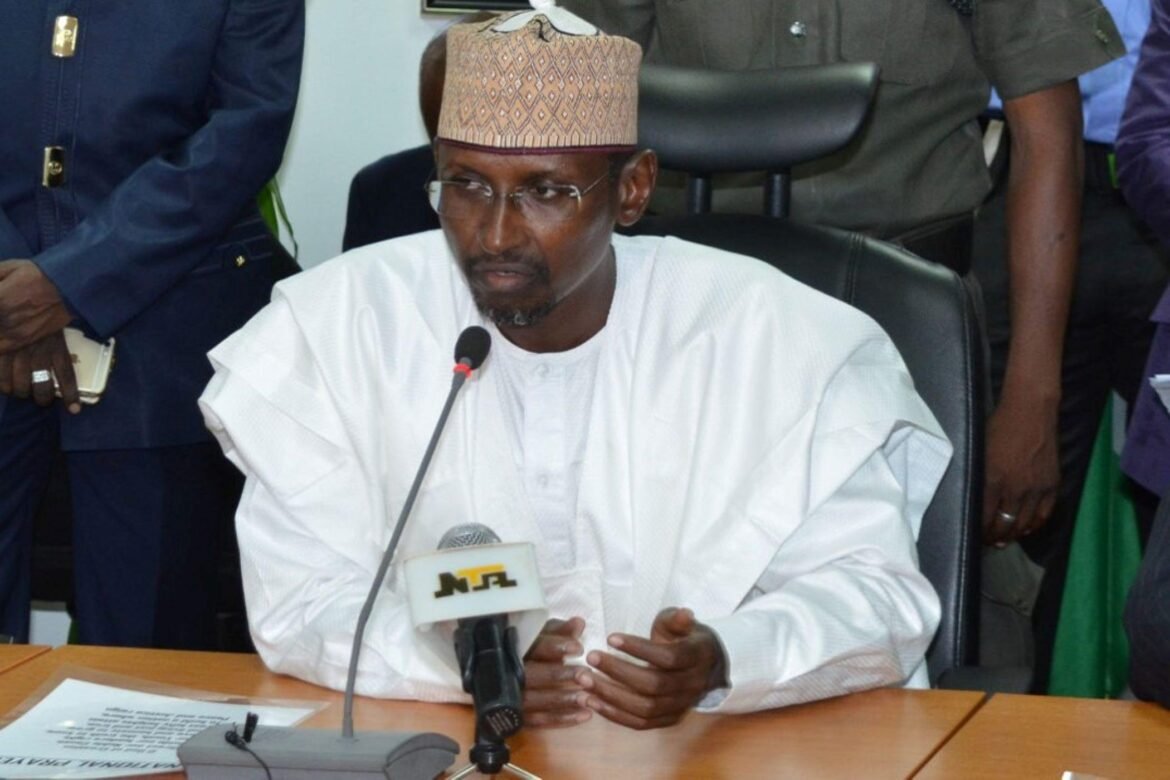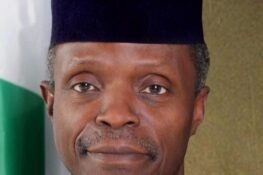The Federal Capital Territory (FCT) on Saturday recorded 130 new cases of COVID-19, twice the 65 that were reported in Lagos.
For three straight days, the FCT has reported more cases than Lagos, which for five months had consistently reported more new cases than any state and only occasionally displaced by another state.
The 130 new cases in the FCT also represent close to a third of the 386 new cases of COVID-19 reported in the whole country by the Nigeria Centre for Disease Control (NCDC).
READ ALSO: For Second Day, Abuja Records Highest Number Of COVID-19 Cases
The NCDC Saturday update however showed the lowest number of new cases the country has recorded in sever months.
The update also showed that five new deaths were recorded while 817 patients were discharge from treatment and isolation centres.
READ ALSO: FCTA Health Secretary Tests Positive For COVID-19
Nigeria now has a total of 43,537 confirmed, 20,087 discharged patients and 883 recorded deaths.
The number of new infections in Ondo was put 37 in the NCDC update. Osun had 29 new cases, Plateau had 23, while Rivers had 15.
READ ALSO: FCT Records 100 New Cases Of COVID-19
In Enugu State, there were 14 new cases, 12 in Nasarawa State, 11 each in Bayelsa and Ebonyi states, and nine in Ekiti State.
Oyo and Edo states had eight new cases each, Abia State had six, Ogun and Katsina states had three each, while Imo and Adamawa states had one each.








